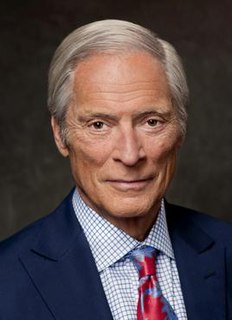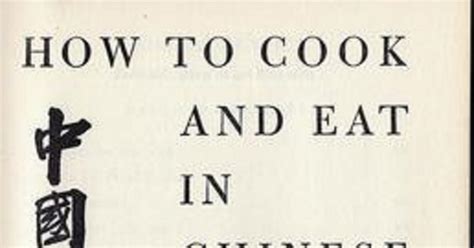A Quote by Quincy Jones
If you started in New York you were dealing with the biggest guys in the world. You're dealing with Charlie Parker and all the big bands and everything. We got more experience working in Seattle.
Related Quotes
I'm dealing with Mexico, I'm dealing with Argentina. We were dealing in this case with Mike Flynn. All this information gets put into The Washington Post and The New York Times, and I'm saying, what's going to happen when I'm dealing on the Middle East? We've got to stop it. That's why it's a criminal penalty.
[Charlie Parker] was kind of a sponge and intrigued by it all.That's similar to what Phil [Woods] told me about Bird, too. Like he was into cooking. He was just into a lot of things. Yeah, it's about dealing with bebop and jazz and Trane [John Coltrain] and post-Trane and knowing the history. But you've got to live. You have to experience things. Know something in this world. So it was a very deep education about what it means to try and be an artist.
For me, growing up in New York, it started with Elvis Costello and the Clash and then got into louder things like Bad Brains and Stimulators, because those were, like, the local bands. Then I started getting into bands from England like the Slits. I remember seeing Gang of Four at Irving Plaza; that was a really big show for me.
[Charlie "Bird" Parker] would sit down and ask [Phil Wood], "What do you think about this whole secondary Viennese school with Schoenberg, Berg and Webern? Are you listening to that music and what do you feel about it?" These were the conversations that he was having. And he also said, what he learned from Charlie Parker was, not that he studied with him in the formal sense, is that the first thing that Charlie Parker would always ask was, "Did you eat today?".
Anyone who grew up in the crack era - you know, I grew up in that era - knew that there were also people out - and there are still guys to this day that are out there, you know, obviously drug dealing - but those were the guys who had access and had money. And some of those guys felt responsible to create opportunity for other people and were also aware of the dangers of their work and often aren't really the ones that are encouraging kids to get into drug dealing.
Whether you make an action blockbuster or a comedy or a drama, you've got the right camera and all the right technology to do it. In games, it's not the same yet, and I would like to see technologies dealing with cameras the way we do - dealing with bouquet, dealing with performance capture, with lighting - with all this stuff the way we do.


































